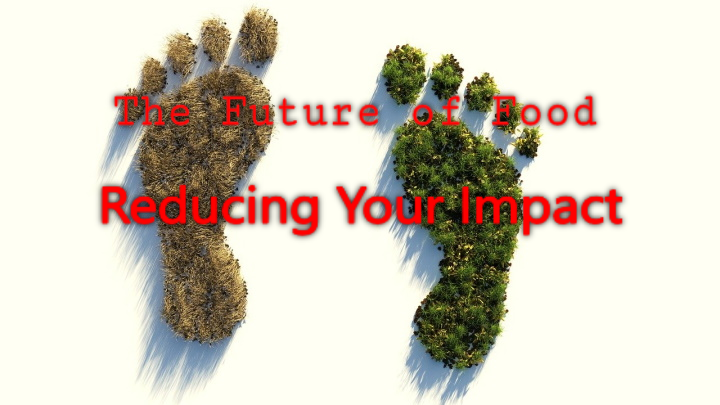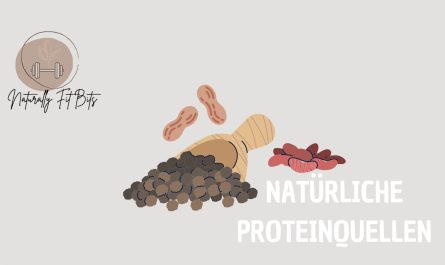Do you want to reduce the carbon footprint of your food? Focus on what you eat, not whether your food is local
If you read my previous post you should know that food production is responsible for one-quarter of the world’s greenhouse gas emissions.
There is rightly a growing awareness that our diet and food choices have a significant impact on our carbon ‘footprint’ and therefore on the environment. But what can you do, as a consumer, to really reduce the carbon footprint of your breakfast, lunches, and dinner?
Here are 6 (8) tips you could easily implement for an environmentally friendlier existence:
What is the best way to reduce the carbon footprint of our diet?
Hannah Ritchie and Max Roser from ourworldindata.org argue that “What we choose to eat has the largest impact, making a bigger difference than how far our food has traveled, or how much packaging it’s wrapped in. This is because only a small fraction comes from transport and packaging and most of our food emissions come from processes on the farm, or from land use change.
Regardless of whether you compare the footprint of foods in terms of their weight (e.g. one kilogram of cheese versus one kilogram of peas); protein content ; or calories, the overall conclusion is the same: plant-based foods tend to have a lower carbon footprint than meat and dairy. In many cases a much smaller footprint.
As an example: producing 100 grams of protein from peas emits just 0.4 kilograms of carbon dioxide equivalents (CO2eq). To get the same amount of protein from beef, emissions would be nearly 90 times higher, at 35 kgCO2eq.”
- Plant-based foods emit fewer greenhouse gases than meat and dairy, regardless of how they are produced.
- Plant-based protein sources – tofu, beans, peas and nuts – have the lowest carbon footprint.
If you want a lower-carbon diet:
Less meat is nearly always better for your carbon footprint than sustainable meat
This is also true for the differences between meat products, according to Ritchie & Roseer. Chicken, eggs, and pork nearly always have a lower footprint than beef and lamb.
Regardless of where you get your beef or lamb from, substituting with chicken and pork is likely to reduce your carbon footprint. And going full plant-based on your diet will reduce it even more.
If you don’t believe me, or my sources Hannah Ritchie and Max Roser from ourworldindata.org I leave you with a more pop source:
Hannah Ritchie and Max Roser (2020) - "Environmental impacts of food production". Published online at OurWorldInData.org.



